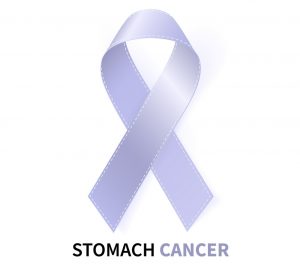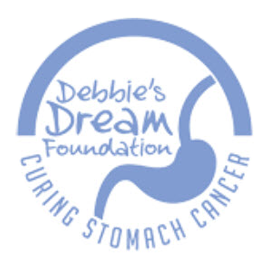
Oregon Story
Susan Gavlas - Hillsboro I hate cancer. Cancer killed six family members: my mother, father, all three of my brothers, and my sister. Different kinds of cancer: lung, lymphoma, inflammatory lobular breast cancer, melanoma, gastric cancer. It’s no wonder why I fully expected to die from cancer also. This story is about my youngest brother's diffuse gastric cancer (plastica linitis). Diagnosed in 2000 after experiencing some stomach issues, my brother had an endoscopy, and signet ring cells were found in his pathology. This was a "needle in a haystack" discovery since these cancer cells do not form a tumor in the stomach - they are diffused within the stomach's lining and grow outward, and spread to other organs in the abdominal cavity. They also found gastritis, which was the cause of his stomach issues, so finding cancer cells was a complete surprise. Plastica linitis was/is a very rare cancer, and the doctors in Seattle had no known treatment protocol to follow, so they threw everything they could at it. He wasn't expected to live anyway, so doctors couldn't consider the long term effects of treatment if they had any hope of saving his life. After chemo and radiation, they removed his stomach, and he lived. He lived for another 15 years, many of them good years, but eventually, the radiation's effects caused constant infections, and he died of radiation poisoning in 2015. At that time, we had no idea there was a genetic mutation that put a carrier at very high risk of developing this rare cancer. In 2017, I was diagnosed with endometrial cancer. The cancer was found very early, and doctors required no chemo or radiation after a total hysterectomy. Based on my family's cancer history, my surgeon suggested I do genetic testing, and I jumped at the opportunity to know more about why my family had so much cancer. In November of 2017, I had the genetic testing done, and the results showed I had a CDH1 genetic mutation, which was implicated in the kind of gastric cancer my brother had. At that time, the mutation was classified as a VUS (variance of unknown significance). Doctors told me to keep checking yearly to see if this mutation is reclassified as pathogenic (known to cause disease), which is exactly what happened in November of 2018. That's when things got serious. The geneticist told me this was bad. I had an up to 83% risk for developing what was now called hereditary diffuse gastric cancer, the cancer type that had eventually killed my brother. I was fortunate to have answers that were not available to my brother because of a clinical trial conducted by Dr. Jeremy Davis at the National Institutes of Health. In July of 2019, Dr. Davis removed my stomach, and my risk of developing hereditary diffuse gastric cancer was gone. Since signet ring cells were found in my pathology, I was very relieved to see them gone before they had a chance to grow and spread. This CDH1 mutation also put me at a higher risk for lobular breast cancer, killing my sister. For women with this mutation, the screening protocol includes yearly breast MRIs, and my very first MRI found a highly suspicious area. After further testing, my doctor and I decided a prophylactic mastectomy would be the best option. In June of 2020, I had a double mastectomy, and doctors found a small area of lobular breast cancer. Again, because I had answers that were not available to my sister, doctors caught my cancer early, and I needed no follow-up chemo or radiation. With a family history of cancer and my CDH1 genetic mutation, it was hard to discover that one of my daughters also inherited the mutation with the possibility of passing it on to her children. However, this discovery means that I have a lot of "skin in the game" for requesting more funds to be granted to gastric cancer research. It's encouraging to know that researchers can also apply many types of discoveries around a cancer type to advance treatment for other cancers. I hope that is the case with gastric cancer research. I can't even begin to express my gratitude to Dr. Davis and the NIH for their work. I know that many other skilled physicians and researchers will work tirelessly to find surveillance and treatment options for this cancer if given the resources. Thank you for reading my story and considering my request.
